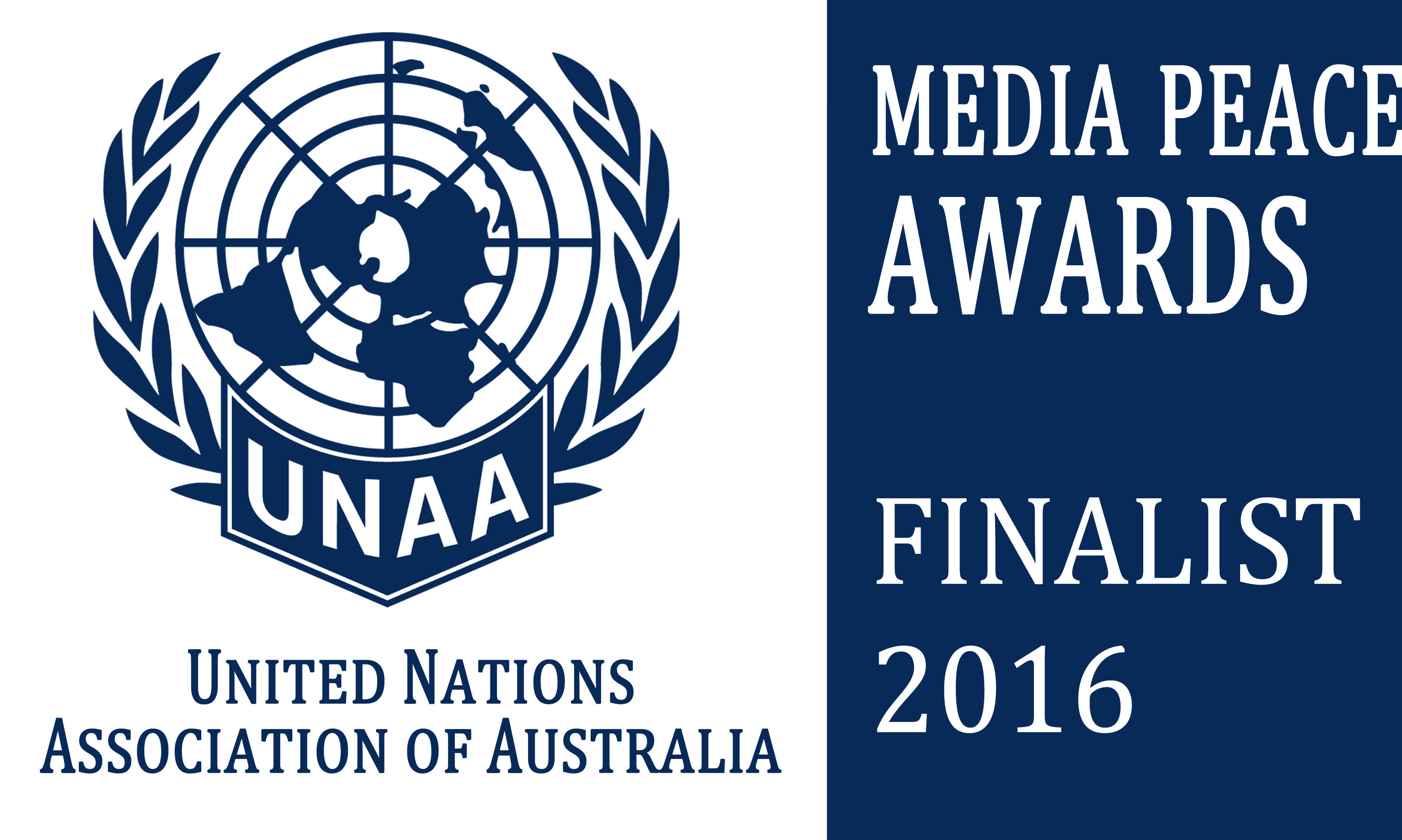All content on this website and the projects connected to Blur Projects are subject to copyright.
Permission to use any content for any purpose including academic research must be sought in writing to prevent any breach of copyright.
Silent Tears is a multi-media project by internationally renowned Social Documentarian Belinda Mason, and artists with disability, Dieter Knierim, Margherita Coppolino, Denise Beckwith.
The power of this exhibition lies within the stories shared by the sixty-two participants who are women with a disability who have been subjected to violence and women who have acquired their disability caused by violence. Their lives have been forever changed by the violence that they have endured and their road from victim to survivor can be challenging and isolating. In contributing to the Silent Tears project, all the women have intimately shared their stories of violence, in an unquestioning way, and in doing so, have made the personal political.
The Silent Tears project participants are from G-20, OECD and developing nations, these remarkable women represent five continents and 20 countries including; Australia, New Zealand, Samoa, Korea, India, Pakistan, Indonesia, Guatemala, Mexico, Ecuador, USA, Canada, West Africa, Mali, South Africa, Germany, Italy, Ireland, England and the Netherlands.
Silent Tears was originally funded by The Australia Council for the Arts and curated by Kon Gouriotis OAM, and launched at the 2015 Ballarat International Foto Festival by Sue Salthouse of the Prime Minister’s Advisory Panel to Reduce Violence Against Women. The exhibition grew from the original 10 women to 20 Australian women and an additional 28 women internationally with the support of CAB International. In March 2016, Silent Tears co-hosted a parallel event with the Australian Government, Australian Human Rights Commission and CBM International as part of the 60th session of the UN Commission on the Status of Women in New York, USA. In April 2016, artists Belinda and Denise presented with CBM at the UN in Geneva to coincide with the 10th anniversary of the formation of the Convention on the Rights of Persons with Disabilities. In April 2016, the exhibition was displayed at the Sydney University Law Library and was accompanied by a Sydney Ideas discussion panel. In October 2016, Silent Tears featured at the Berlin Photography Biennale. From November 2016 – Jan 2017, the exhibition was shown at MAMA, Australia. In July 2017, a selection of works is to be shown at the Venice Biennale. on was shown at MAMA, Australia. In July 2017, a selection of works was shown during the Venice Biennale. In 2018, the work was shown in New York across three galleries, and in conjunction with the UN Commission on the Status of Women, Silent Tears co-hosted a side event with the UN Women National Committee Australia.
Silent tears fall at the moment when we feel the most alone, vulnerable and lost. They signal a turning point to look for hope, unity and strength. The women in Silent Tears courageously share different experiences of violence to provide a deeply moving testament to its impact on their lives, and the lives of those around them. Domestic and cultural violence, forced sterilization, female genital mutilation, psychological trauma, neglect, no access to justice, emergency services, health care or education, human trafficking, workplace violence, cyber bullying, child pornography, child sexual abuse, physical and sexual abuse within institutions or by family members. A list of horror, perpetrators of which are both men and, also women.
Globally, disabled women and girls experience multiple discriminations impacting on their daily lives. They are more likely to be victims and survivors of violence. Violence against women and girls with disability is under-reported and under-recognized. There’s even less recognition that violence causes disability. Including all women with disabilities in a big, important and global conversation within gender-based violence is essential to ensure no woman is left behind. For each woman in the project, globally there are many thousands whose stories and whose lives are invisible. There are women who have share the same experiences and yet are culturally different, providing recognition that they are not isolated in their experiences. Some women have chosen to share their story anonymously; others revealed their identity.
There are several components to the exhibition, we are happy to collaborate with curators and venues to present a selection of the works, to ensure the integrity and intent of the project is aligned.
• 50 laser prints Duro Clear 100 x 67cm images on clear perspex – suspended from the gallery ceiling (Artist: Belinda Mason)
• 50 framed 50 x 61cm black and white documentary images – using standard gallery D ring hanging system (Artists: Margherita Coppolino and Denise Beckwith)
• a video installation with 20 ipads, can be presented as a single loop projection or monitor (Artist: Dieter Knierim)
• soundscape
• online app for people with sensory, cognitive and learning impairments
• artwork hard and soft copy of text panels for each artwork
• catalog, including essays by artists participants and key figures
• media kit, including press release, 6 images, fact sheet, artist bios and project outline
• graphic design templates for invitations and posters
• education kit or forum discussion outline

